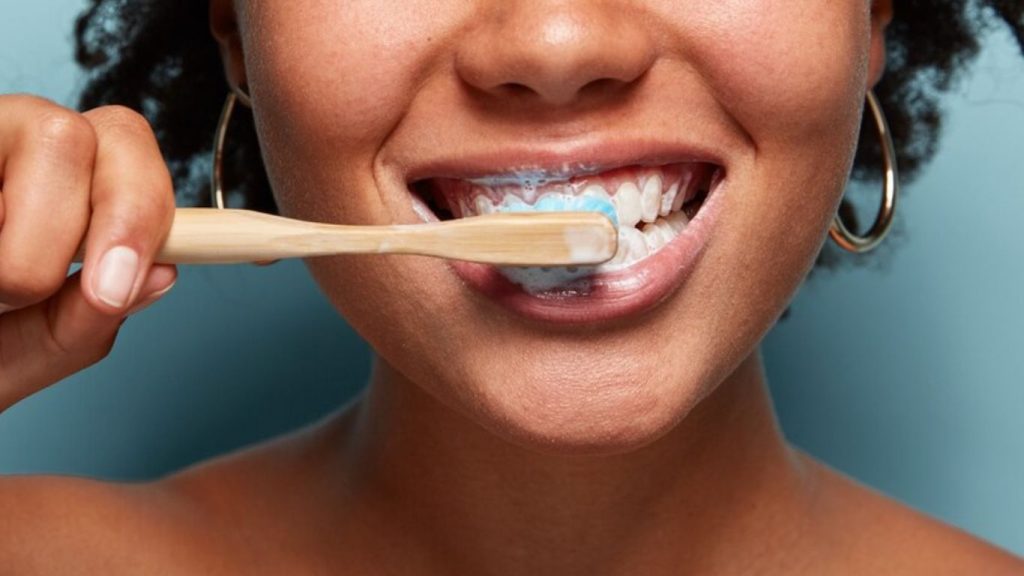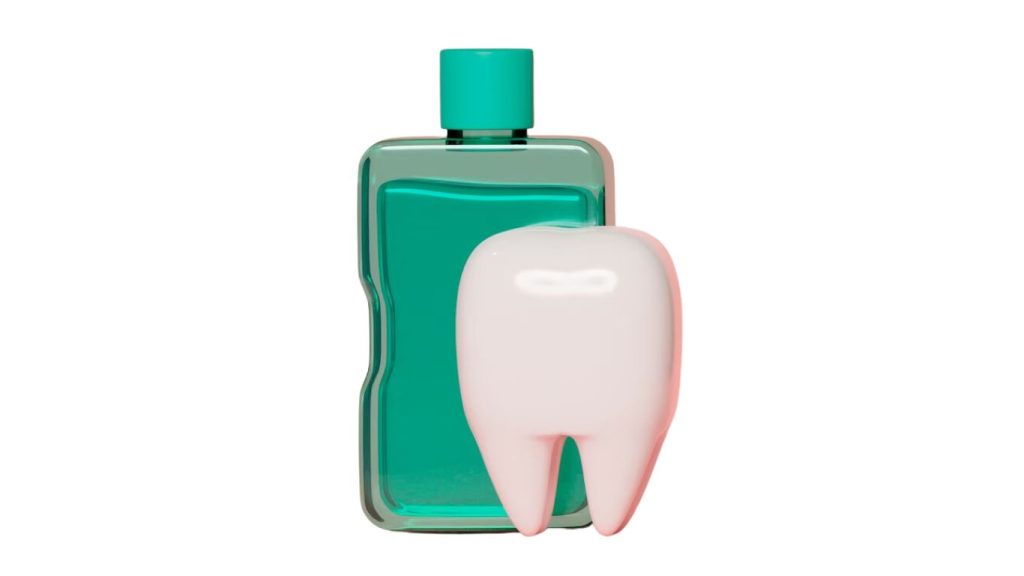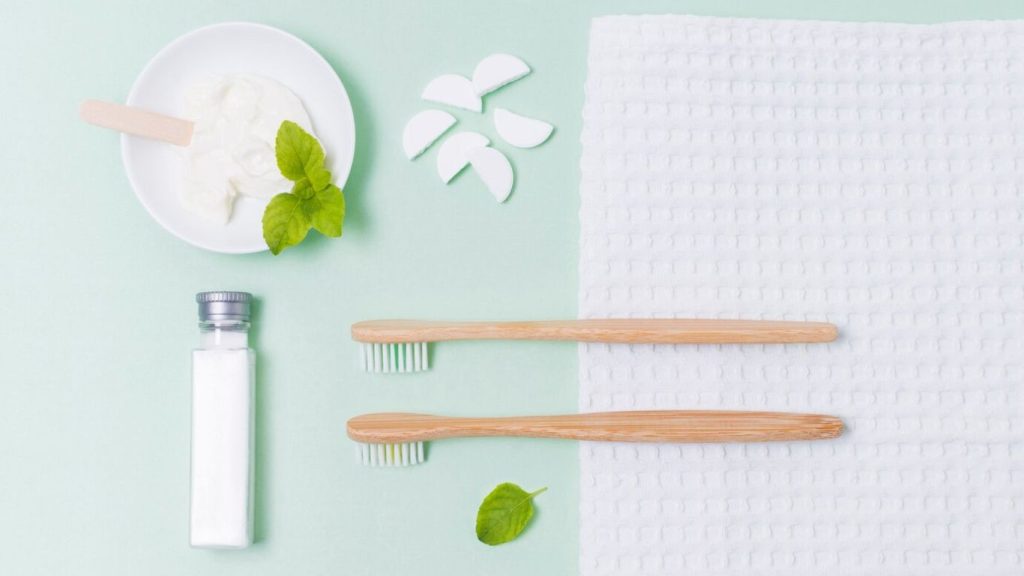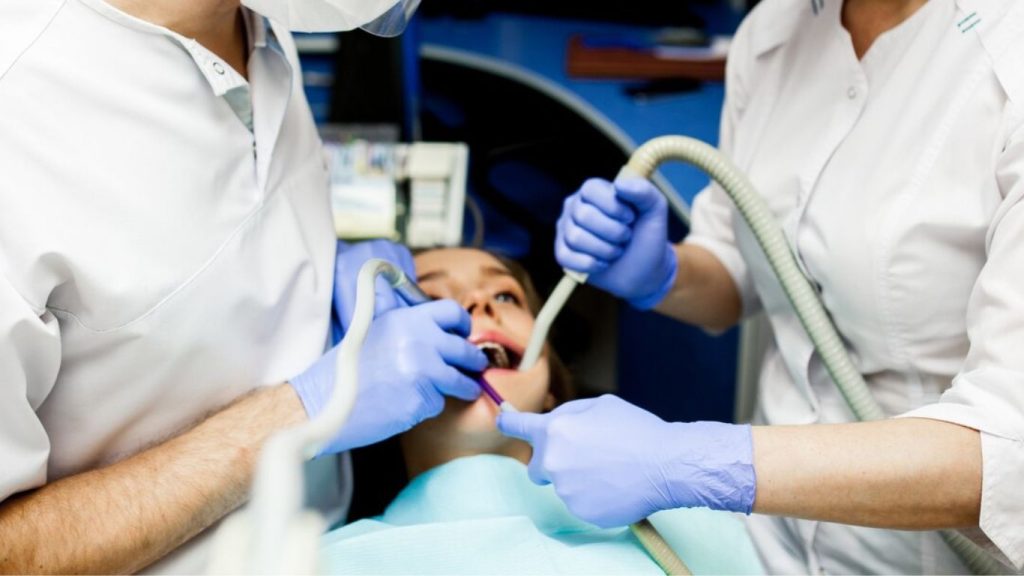Dentures, whether partial or complete, play a pivotal role in enhancing one’s smile, aiding speech, and improving overall oral function. However, like natural teeth, dentures are not immune to staining. Over time, many denture wearers notice unsightly black stains that can mar the aesthetics of their prosthetic smile. In this article, we’ll explore the origins of these black stains and provide a detailed guide on how to remove and prevent them, ensuring your dentures remain pristine.
Understanding Black Stains on Dentures
Black stains on dentures can arise from various sources:
- Food and Drink: Beverages like tea, coffee, red wine, or foods like berries and curry can leave behind pigmented residues.
- Tobacco: Smoking or chewing tobacco is a significant contributor to denture staining.
- Metallic Elements: Some dentures, especially partials, contain metallic components that can oxidize and result in black discoloration.
- Oral Bacteria and Fungi: Microorganisms can form colonies, leading to black or dark brown stains.
Effective Cleaning Techniques
1. Daily Brushing
Just like natural teeth, dentures need daily brushing.

- Do: Use a soft-bristled brush and non-abrasive denture cleaner or soap.
- Don’t: Avoid regular toothpaste or stiff brushes, as they can cause micro-scratches where stains and bacteria accumulate.
2. Commercial Denture Cleaners

Over-the-counter effervescent denture tablets can help dislodge stains when used as directed.
- Do: Always rinse dentures thoroughly after soaking to remove any residual cleaning agent.
- Don’t: Do not use bleach-containing products, as they can weaken the denture material and alter its color.
3. DIY Cleaning Solutions

- Vinegar and Water: A solution of equal parts white vinegar and water can help remove calculus deposits and some stains. Soak dentures for 30 minutes and rinse thoroughly.
- Baking Soda Paste: Mix baking soda with a small amount of water to form a paste. Gently brush the dentures with this mixture to lift stains. Rinse well afterward.
4. Professional Cleaning

If DIY methods don’t resolve the issue, consider visiting your dentist or prosthodontist. They have specialized equipment and cleaning agents that can effectively remove stubborn stains without damaging the dentures.
Preventing Black Stains
1. Regular Rinsing
Rinse your dentures after every meal or snack. This simple habit can wash away food particles and pigmented residues before they have a chance to set.
2. Limit Stain-Causing Foods and Beverages
If possible, reduce the consumption of known staining agents like coffee, tea, red wine, and certain foods. If you do indulge, rinse your mouth or dentures soon after.
3. No Tobacco
Besides its numerous health risks, tobacco is a significant contributor to denture stains. Quitting or reducing tobacco use can drastically improve the appearance of dentures.
4. Proper Storage
When not in use, store dentures in a denture-soaking solution or plain water. This prevents them from drying out, which can make them more susceptible to staining.
5. Regular Dental Checkups
Even if you have a full set of dentures, regular dental visits are crucial. A professional can examine the fit of your dentures, clean them, and provide guidance on their care.
What Not to Do
- Avoid Harsh Cleaners: Household bleach, abrasive toothpaste, or other aggressive cleaning agents can damage dentures and lead to more staining in the long run.
- No Boiling: Never attempt to boil dentures to clean them. High temperatures can warp their shape, compromising their fit.
- Avoid Colored Mouthwashes: Some mouthwashes contain artificial colors that can stain dentures. Opt for a clear, alcohol-free rinse if needed.
Conclusion
Black stains on dentures, while unsightly, are a common concern for many denture wearers. The key to a dazzling denture smile lies in understanding the causes of these stains and adopting an effective cleaning and maintenance routine. With the right care, consistent hygiene practices, and regular professional checkups, you can ensure your dentures remain as radiant as your natural smile once was. Remember, dentures, like natural teeth, require attention and care; invest time in them, and they’ll reward you with a confident and beautiful smile.
Frequently Ask Questions
Black stains can result from various sources, including pigmented foods and drinks, tobacco use, metallic elements in the dentures oxidizing, or colonies of oral bacteria and fungi.
It’s better to avoid regular toothpaste as it can be abrasive, leading to micro-scratches on the dentures where stains and bacteria can accumulate. Instead, use a non-abrasive denture cleaner or mild soap.
Yes, over-the-counter effervescent denture tablets can help dislodge stains. Always follow the product’s instructions and rinse the dentures thoroughly after soaking.
Rinse dentures after every meal, limit consumption of stain-causing foods and beverages, abstain from tobacco, store dentures in appropriate solutions, and have regular dental check-ups.
Some mouthwashes contain artificial colors that can stain dentures. Opting for clear, alcohol-free rinses is a safer choice for denture wearers.
